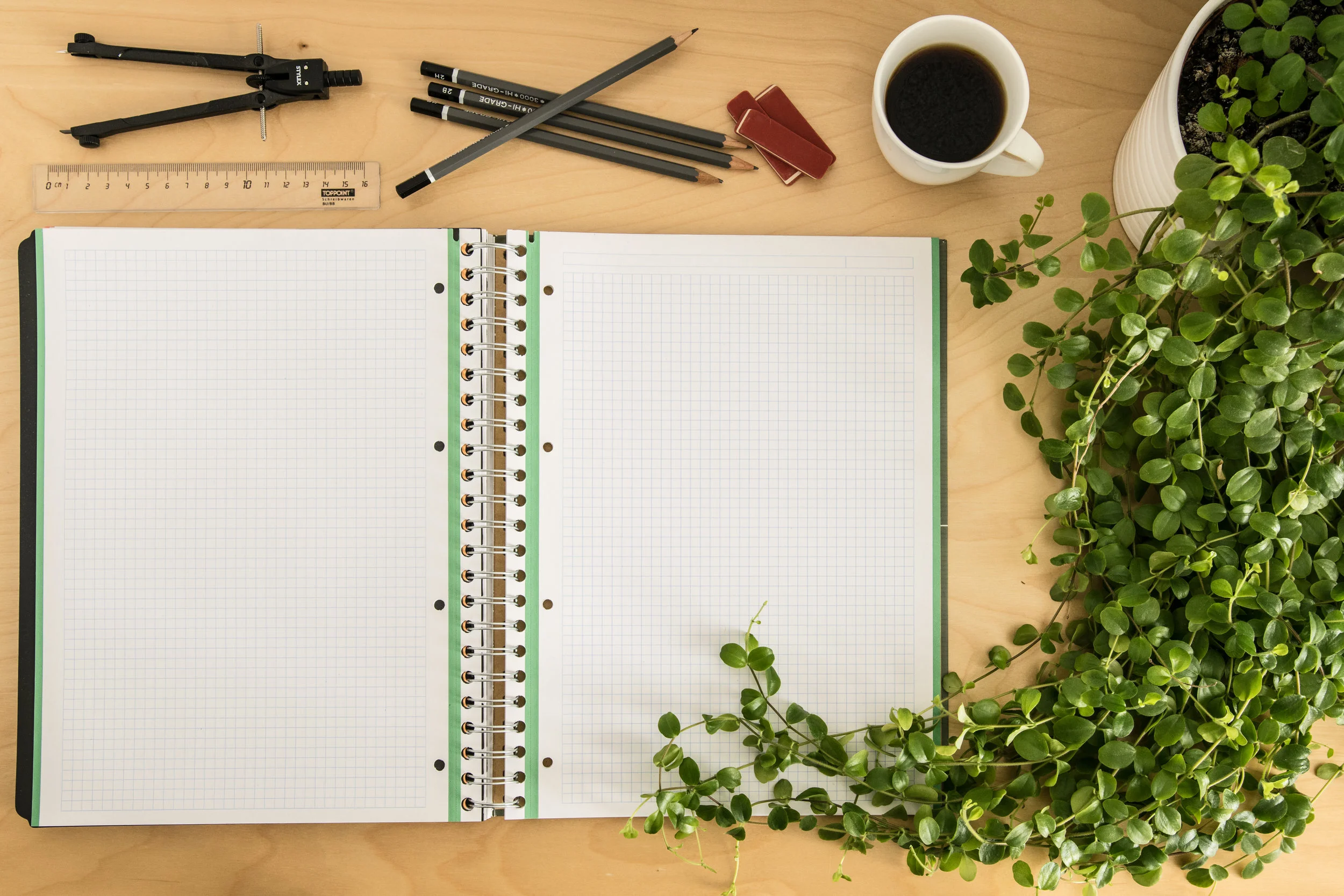Studying law is difficult, but we have compiled a list of study tips to help! Not only that, but each of our tips has been shown by scientific studies to improve learning, memory and concentration.
(1) HAND WRITE: Writing notes out by hand increases conceptual understanding, application and retention of information. This is because handwriting is slower than typing, and therefore forces you to summarise information. [1] Typing the lecture out verbatim means you do not connect with or process the information, which is detrimental to learning. [2]
(2) STUDY ACTIVELY NOT PASSIVELY: Many students study by repeatedly reading notes or textbooks. Studies have shown that passive repetitive reading produces little or no benefit for learning. [3] A far more effective strategy is active retrieval. Studies have shown that repeated retrieval of memorised information is important for robust, durable and long-term learning: the more often a memory is retrieved the easier it is to access in the future. [4] Examples of active retrieval:
- Doing a practice exam closed book;
Reading the textbook, setting it aside, and then creating a concept map of the information you remember without viewing the text; and
‘Testing’ your memory of a topic with a friend – two or three spaced retrievals will improve your long-term memory.
(3) USE COLOUR: Using colour has been found to increase memory performance. This is because colour increases your attention level: the more attention is given to the information, the more likely it is to be transferred to more permanent memory storage. [5]
(4) STUDY IN SILENCE: Studies on the effect of music on cognitive performance have varied in result, but the general consensus is that silence is golden. Music with lyrics has been found to reduce attention and performance. [6] Also, listening to your favourite music has been found to be a distracting factor when engaged in a cognitively demanding task. [7]
(5) DON’T CRAM: Studies show that many short study sessions are more effective than cramming material. This is because the brain is better at encoding information into the synapses in short repeated sessions rather than one large one. After pulling an ‘all-nighter’ your reasoning and memory may be effected for up to four days.
(6) TAKE BREAKS: Even taking a small break from studying has been shown to dramatically improve your ability to focus on the task. [8] Some things you might like to try on your next break:
TAKE A NAP: Taking a short nap between study sessions has been shown to have many benefits, including improving your learning and memory, [9] and increasing alertness and productivity. [10] One study has shown that brain activity remains higher in nappers all day compared to people who don’t take a rest. [11]
GO FOR A RUN: a recent study found that exercising four hours after learning improves memory retention of that information. [12] Interestingly, exercise performed immediately after learning had no effect on memory retention.
(7) GET EXPERIMENTAL: Everybody studies in different ways. The way you studied at high school may not translate to the university world which is far less structured and far more self-driven. Your first year is a perfect chance for you to try out some new study techniques and see what works.
[1] Tom Chatfield, ‘Why reading and writing on paper can be better for your brain’, The Guardian (Australia), 23 February 2015.
[2] Pam Mueller and Daniel Oppenheimer, ‘The pen is mightier than the keyboard: Advantages of longhand over laptop note taking’ (2014) 25(6) SAGE Journal 1159.
[3] Jeffrey Karpicke, ‘A powerful way to improve learning and memory: Practicing retrieval enhances long-term, meaningful learning’ (2016) 30(6) Psychological Science Agenda.
[4] Ibid.
[5] Mariam Dzulkifli and Muhammad Mustafar, ‘The Influence of Colour on Memory Performance: a Review’ (2013) 20(2) Malaysian Journal of Medical Sciences 3.
[6] Yi-Nuo Shih, Rong-Hwa Huang and Hsin-Yn Chiang, ‘Background music: effects on attention performance’ (2012) 42(4) Work 573.
[7] Carol Smith and Larry Morris, ‘Differential Effects of Stimulative and Sedative Music on Anxiety, Concentration and Performance’ (1977) 41(3) SAGE Journal 1047.
[8] Diana Yates, ‘Brief diversions vastly improve focus, researchers find’, Illinois News Bureau (Illinois), 8 February 2011.
[9] Matthew Tucker and William Fishbein, ‘Enhancement of Declarative Memory Performance following a daytime nap is contingent on strength of initial task acquisition’ (2008) 31(2) Sleep 197.
[10] Tietzel AJ and Lack LC, ‘The recuperative value of brief and ultra-brief naps on alertness and cognitive performance’ (2002) 11(3) Journal of Sleep Research 213.
[11] Sara Mednick, Sean Drummond, A Arman and Geoffrey Boynton, ‘Perceptual deterioration is reflected in the neural response: fMRI study between nappers and non-nappers’ (2008) 37(7) Perception 1086.
[12] Eelco van Dongen, Ingrid Kersten, Isabella Wagner, Richard Morris and Guillen Fernandez, ‘Physical exercise performed four hours after learning improve memory retention and increases hippocampal pattern similarity during retrieval’ (2016) 26 Current Biology 1722.

